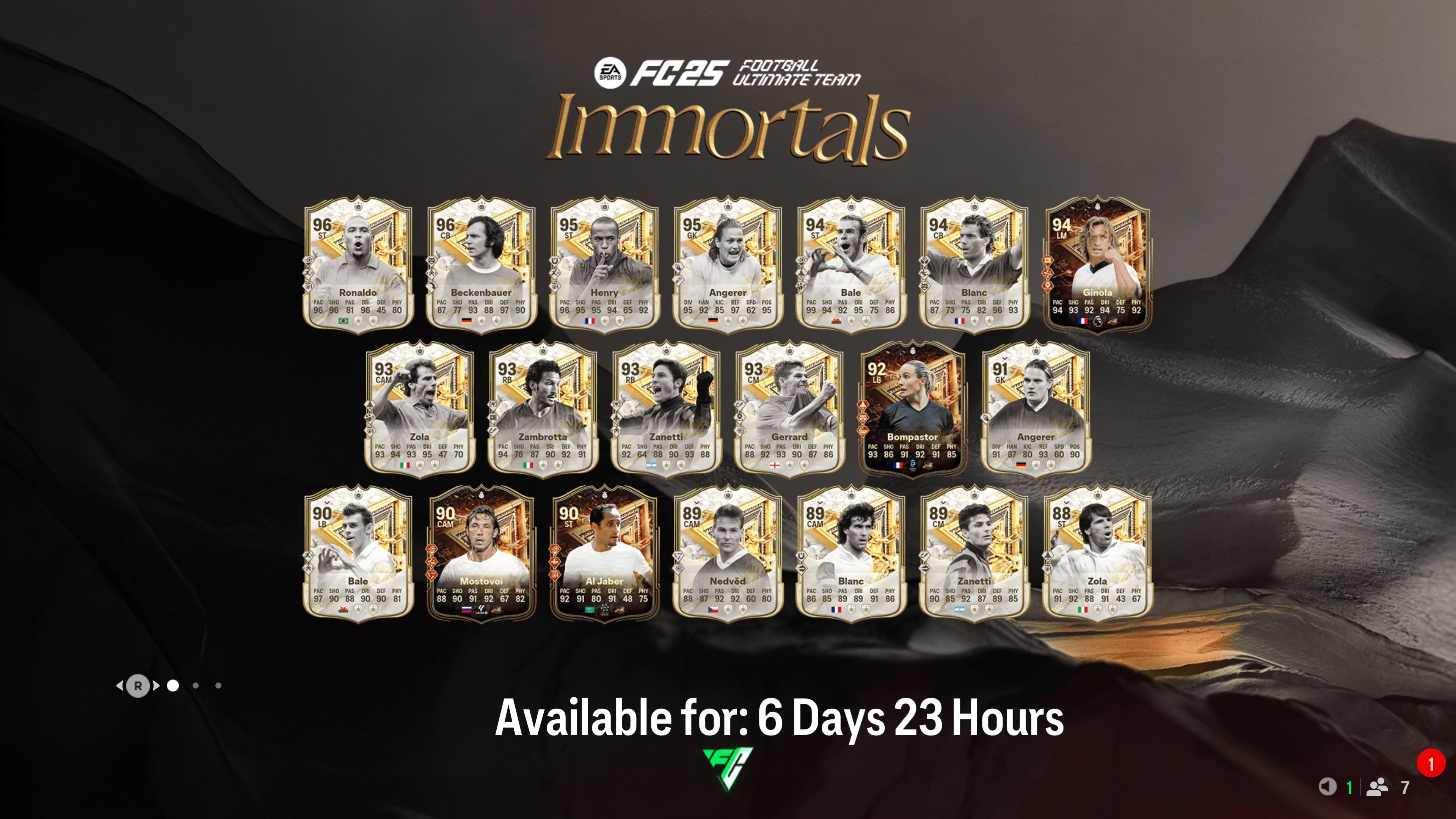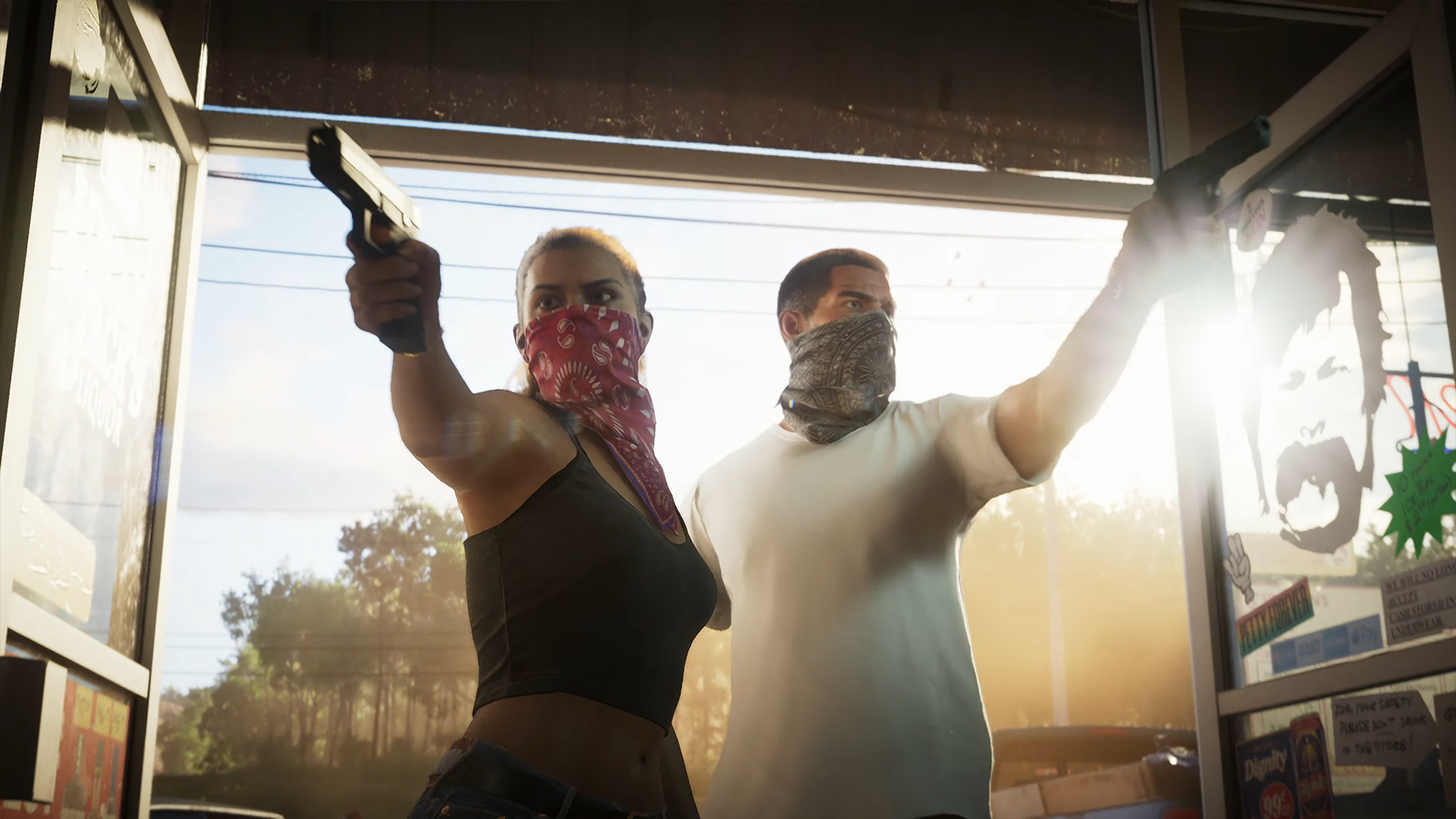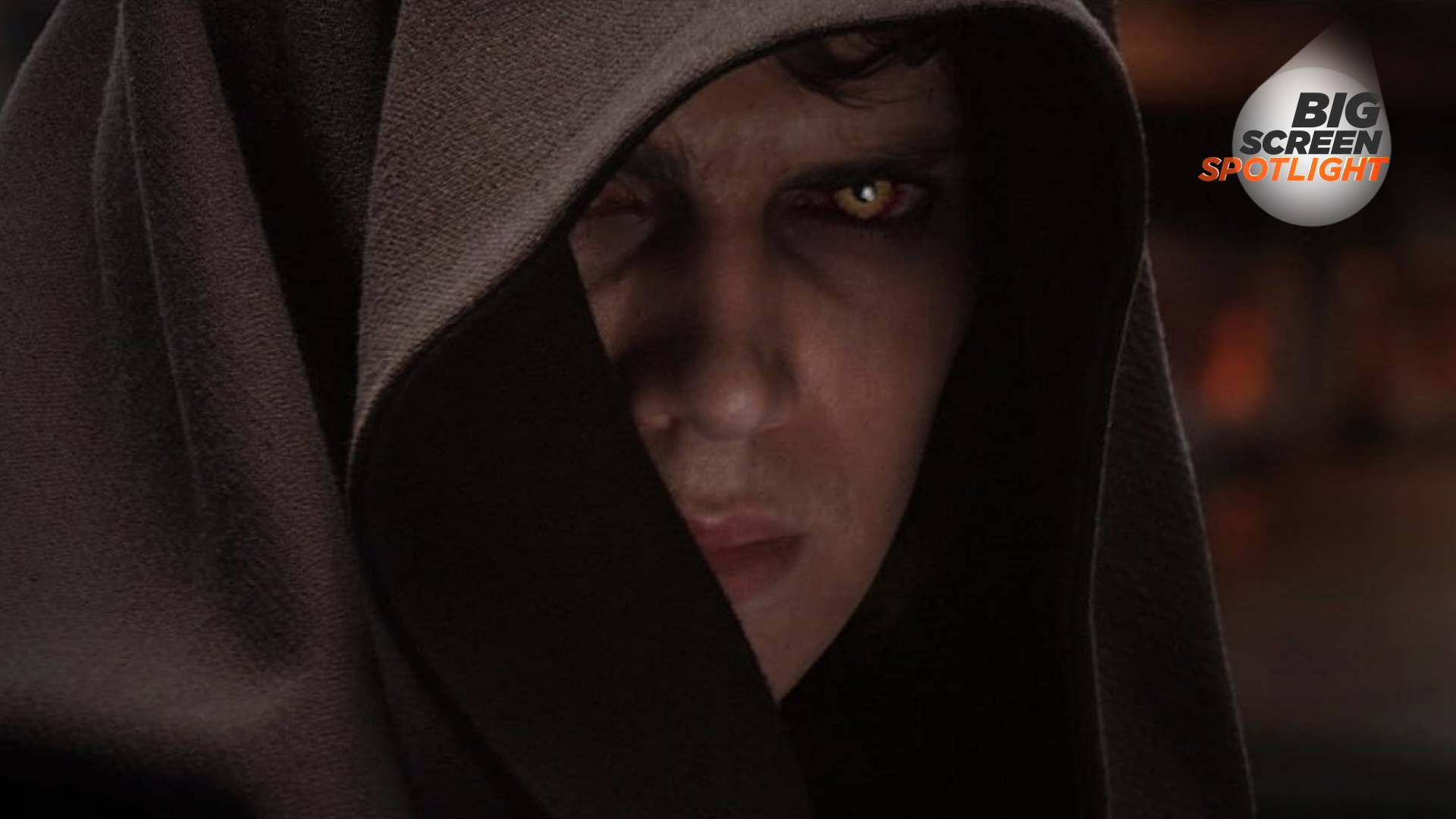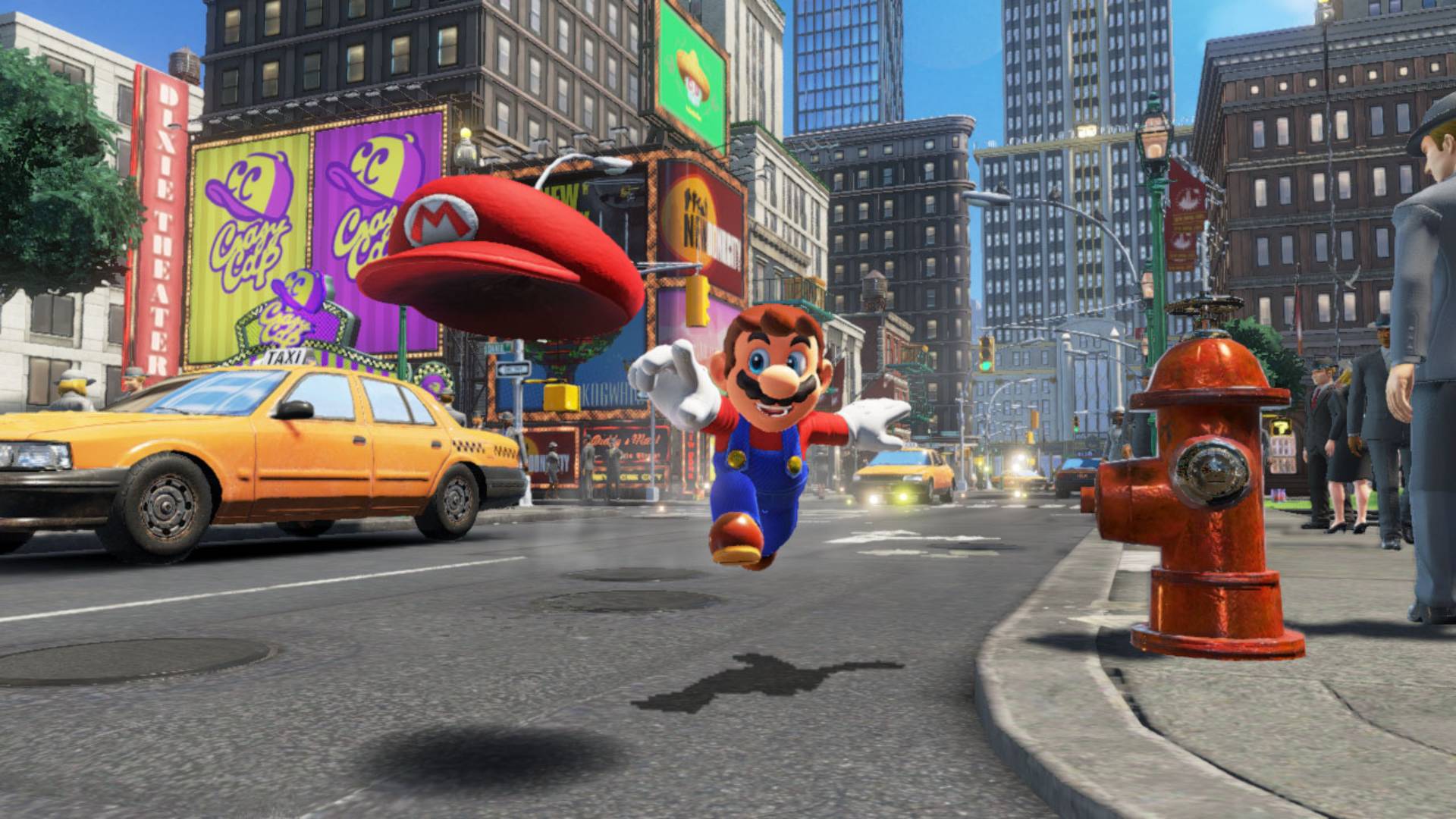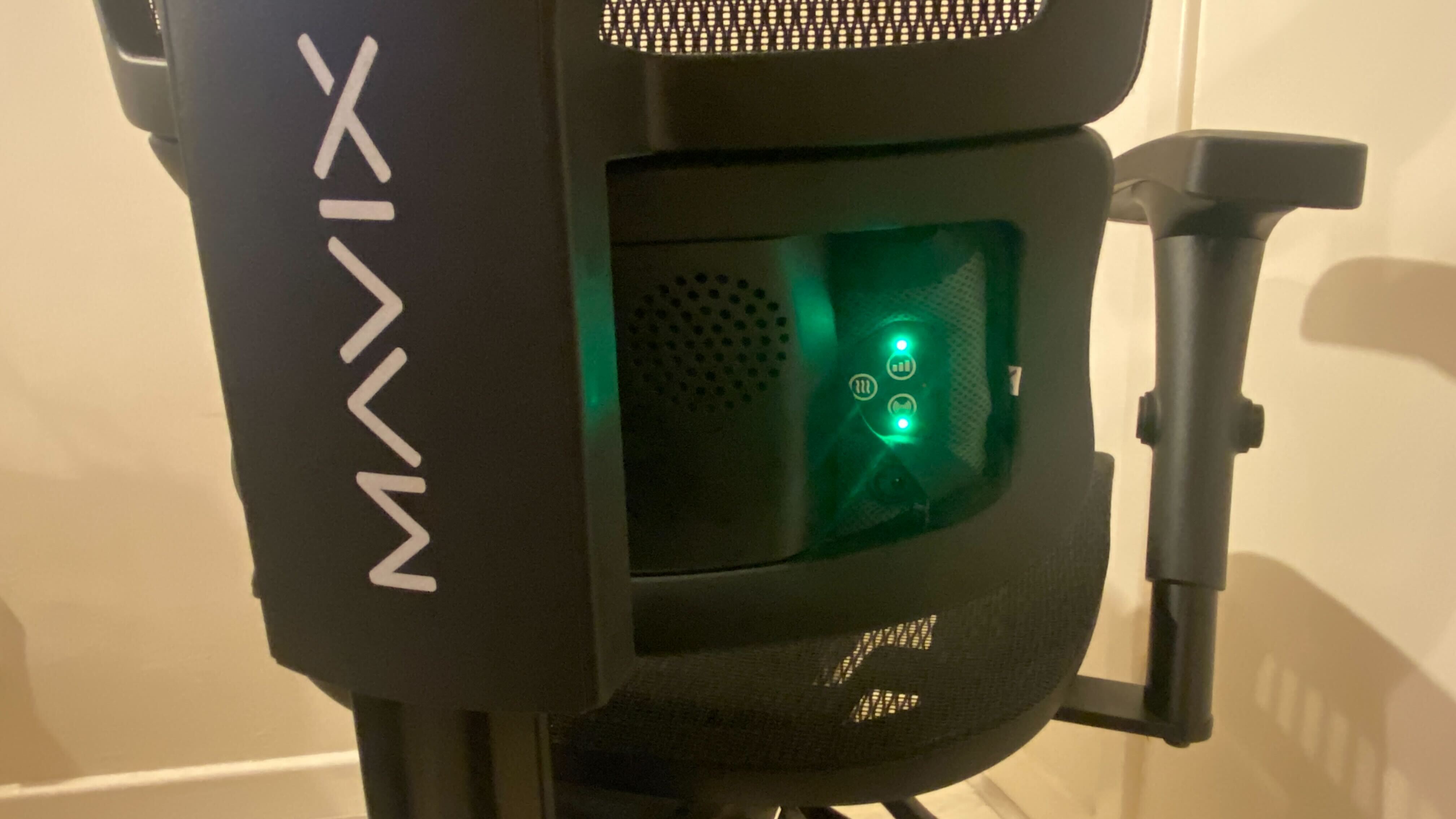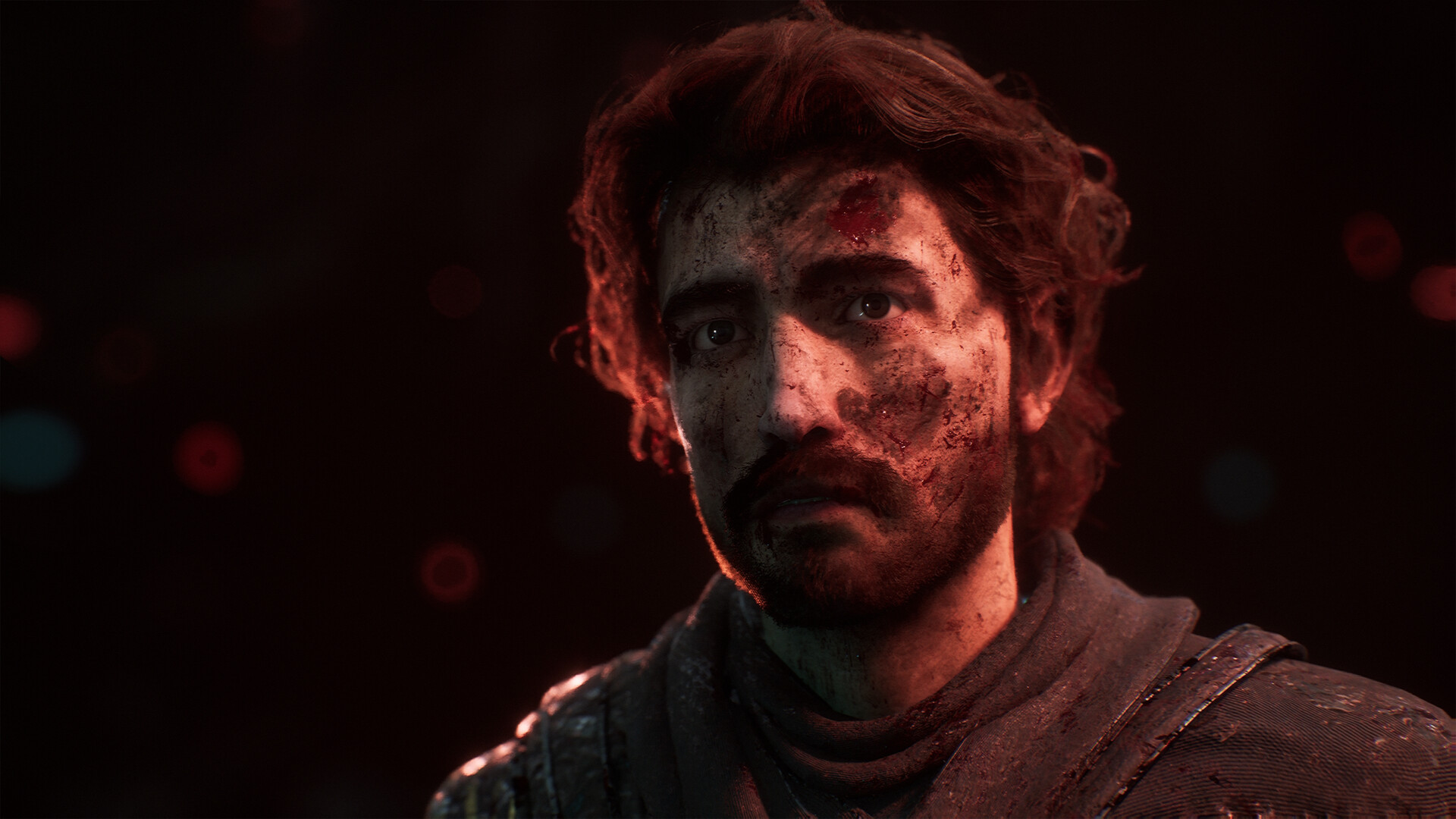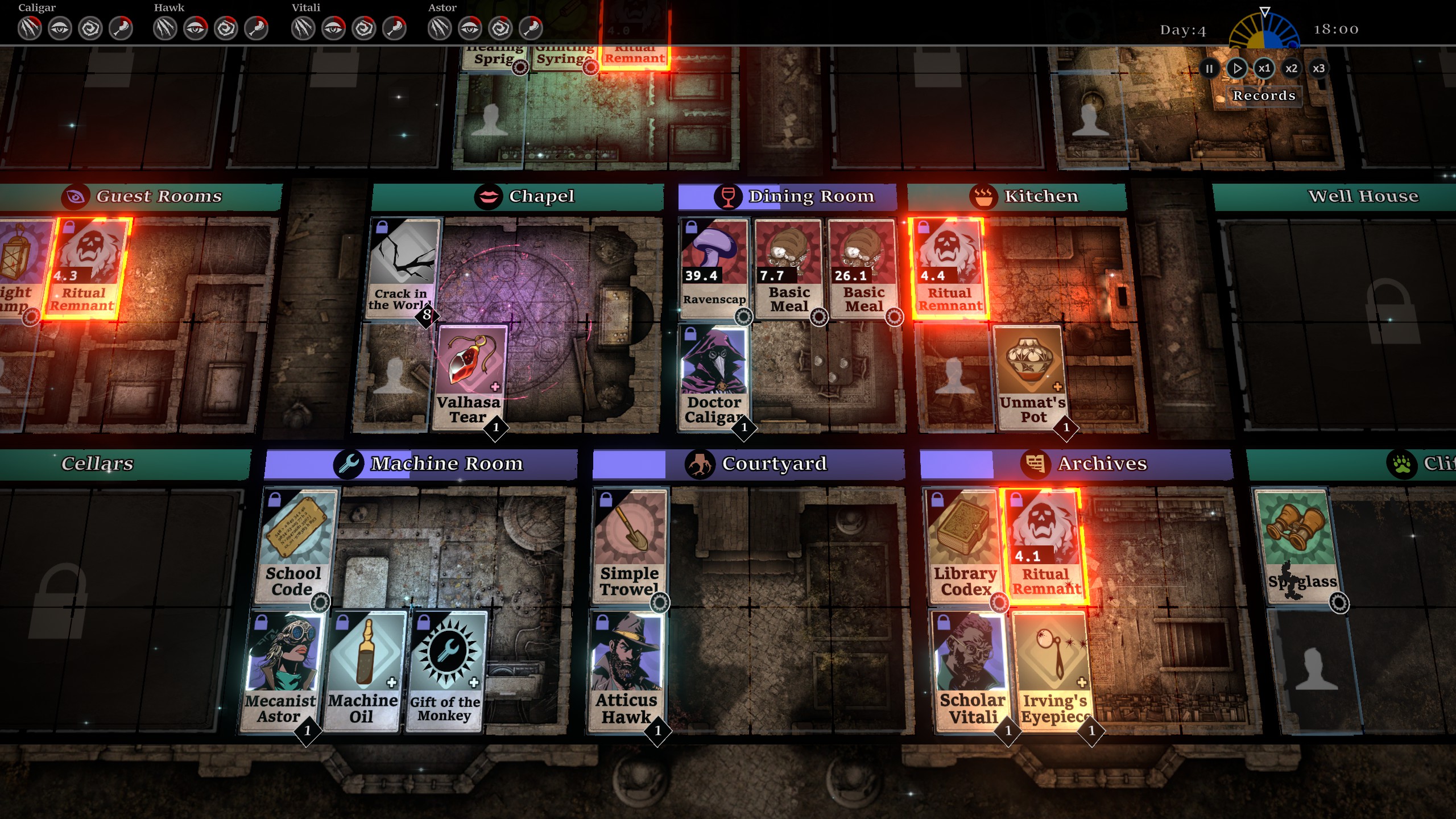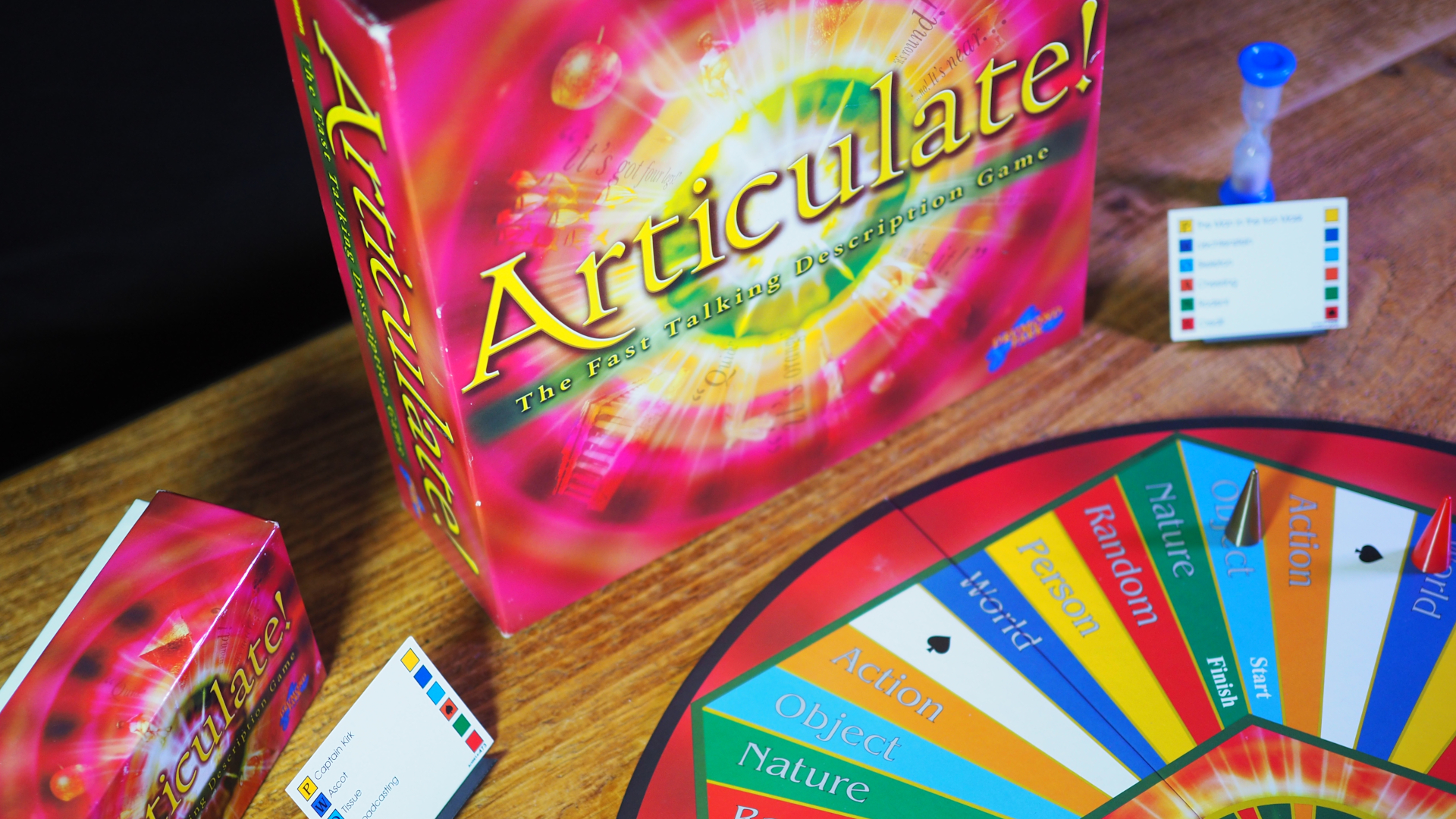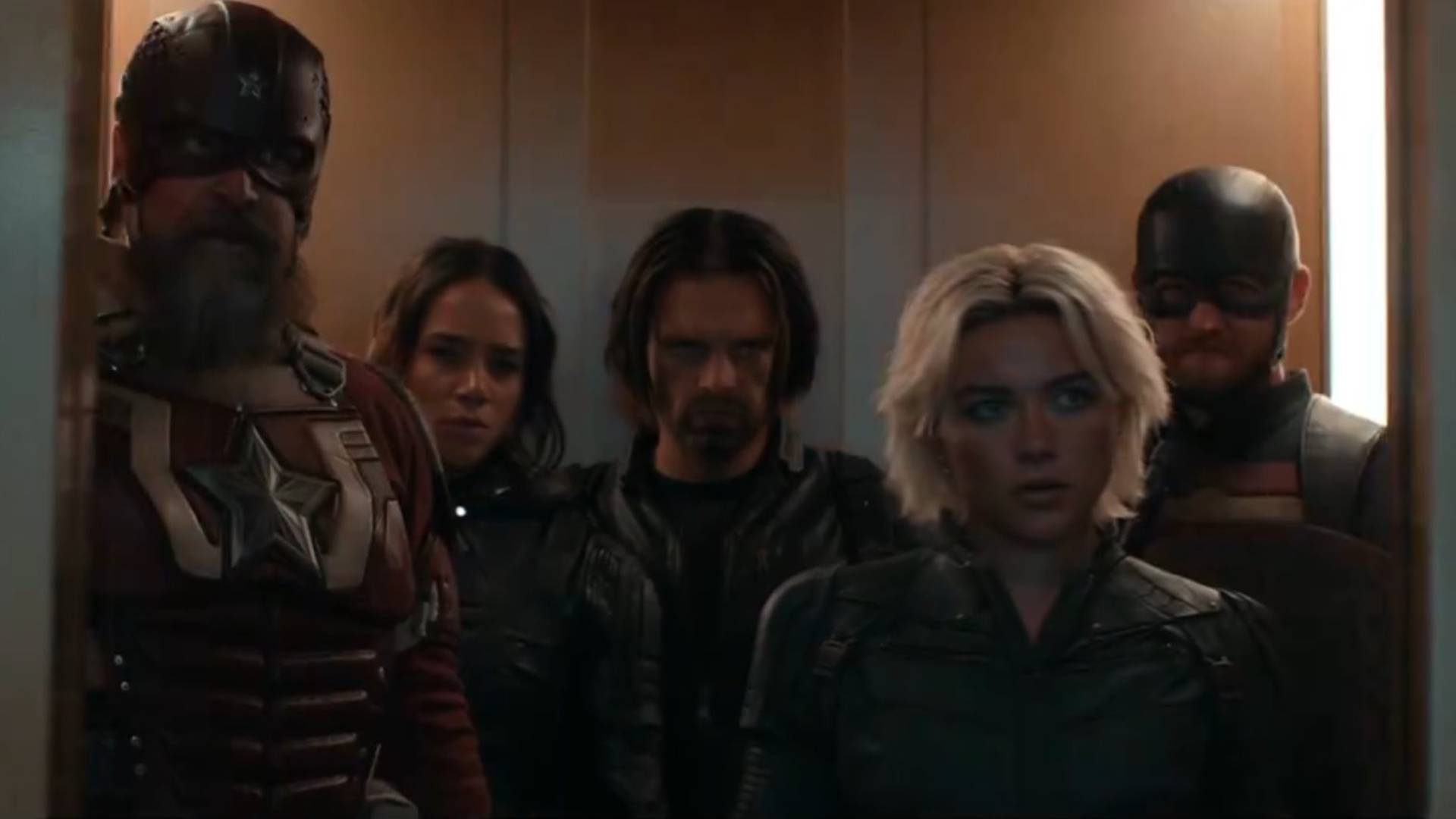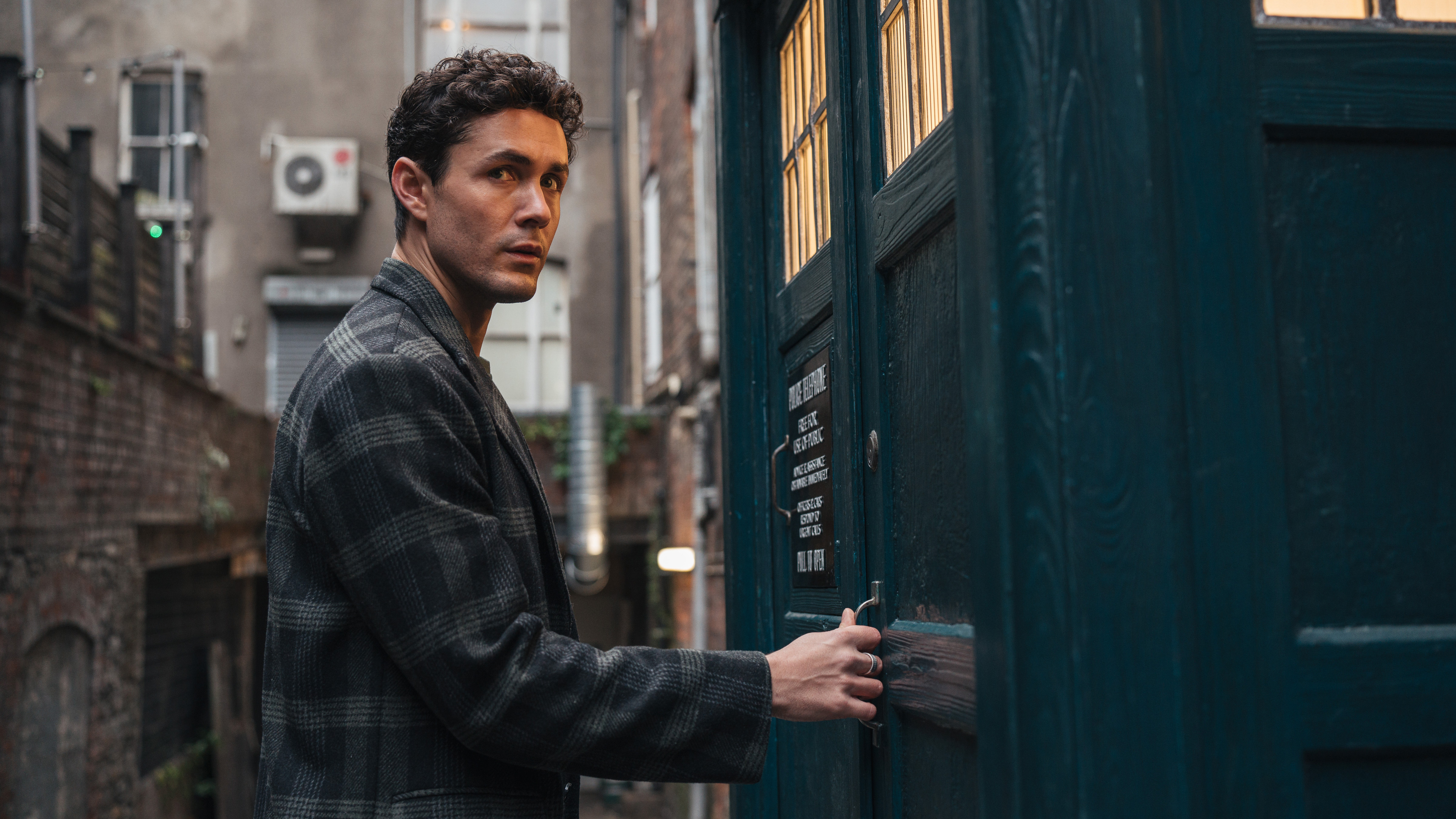When you purchase through links on our site, we may earn an affiliate commission.Heres how it works.
There can be no confusion about the kind of game this studio makes.
This studio makes football games.

Except for brief dalliances with baseball and hockey management, football games are all SI has ever made.
And it’s arguably made them better than anyone else.
In the two decades since that split, though, things have changed an awful lot.
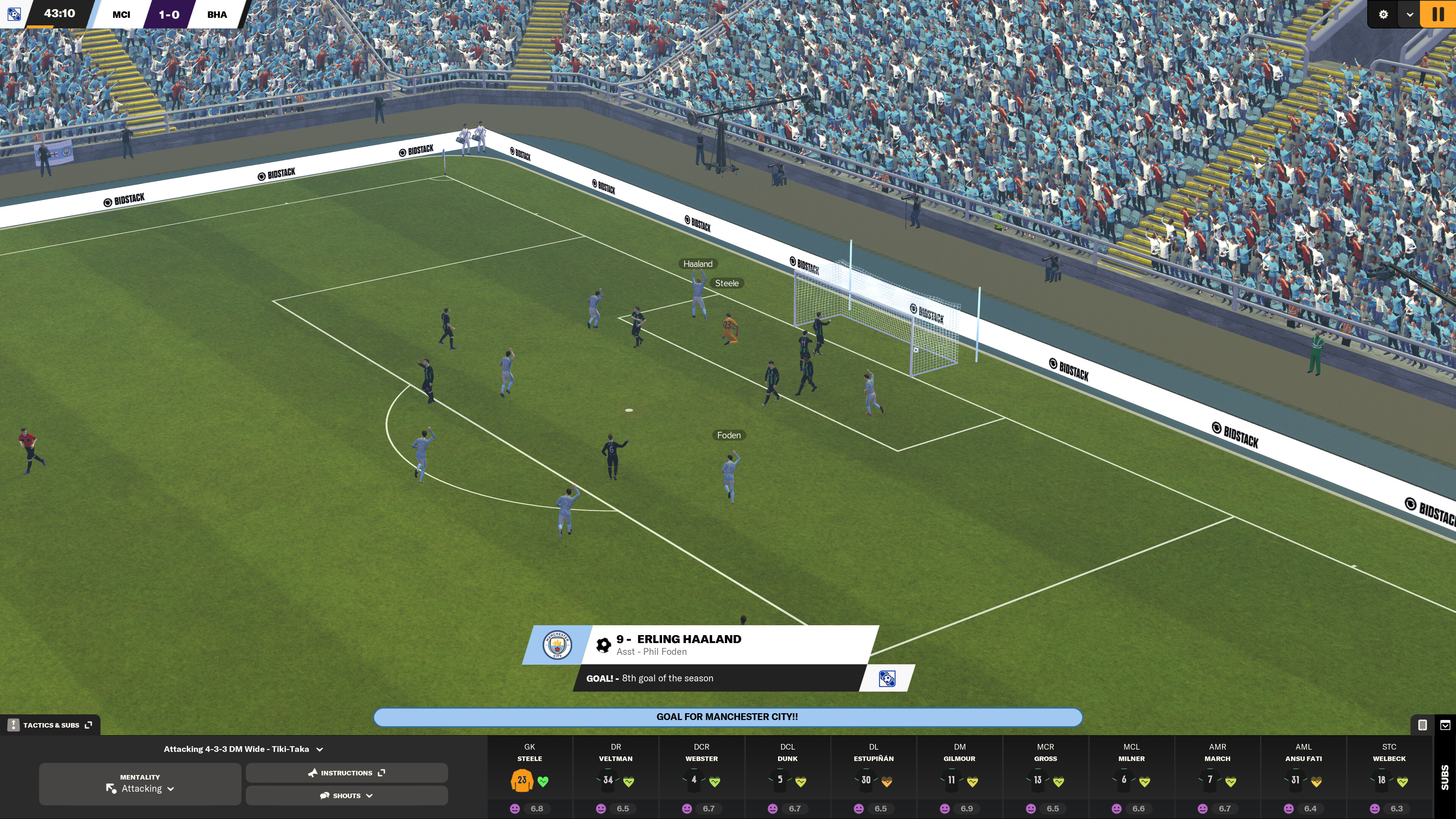
“I was in the old office on Upper Street, on the fifth floor.
Someone handed me a copy of the Evening Standard and said, ‘Have you seen this?’
It was an interview with Andre Villas-Boas, who at the time was Jose Mourinho’s chief scout.
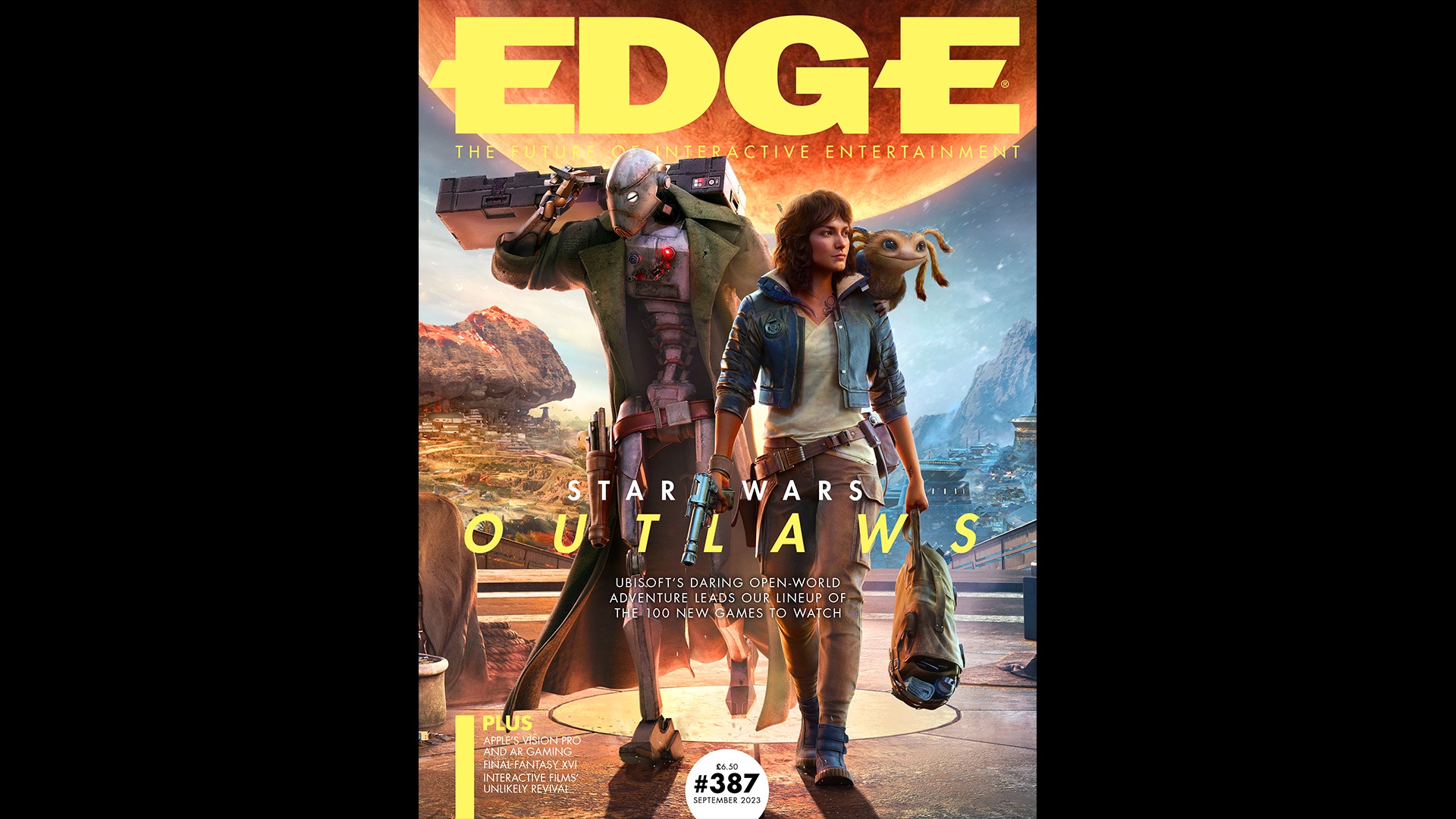
And he said, ‘Championship Manager’.
We were like, ‘What the fuck?’
Grassroots
This feature originally appeared in Edge Magazine.
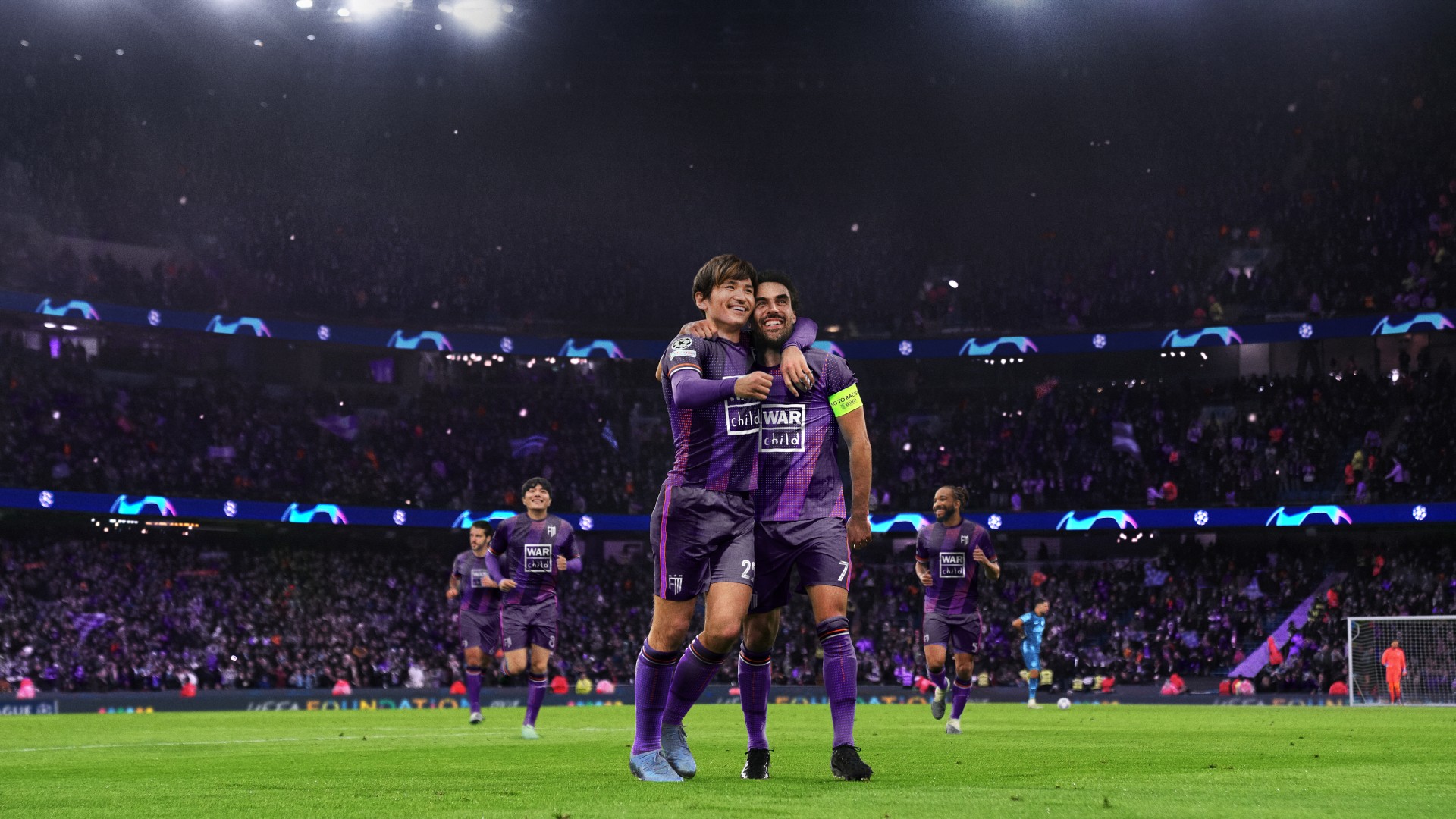
Now, using the game’s database as an actual scouting tool is common practice in the footballing world.
David Siddall is senior research director at the company.
This extra layer means the research team can verify scouts' insights with hard facts.
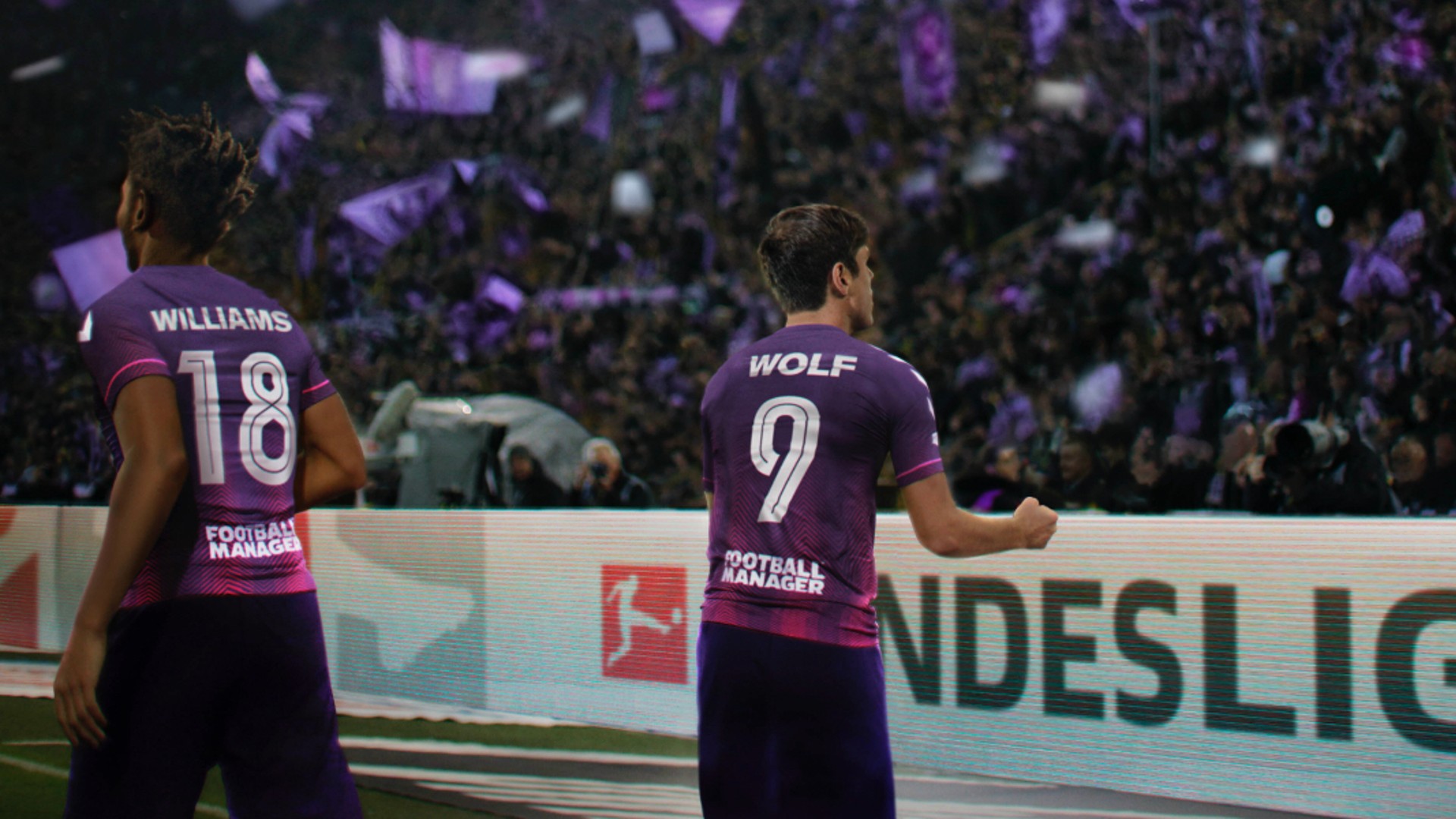
That, we discover, was always the plan.
Can I sit in?
The problem was, all that knowledge lay only with the studio director.
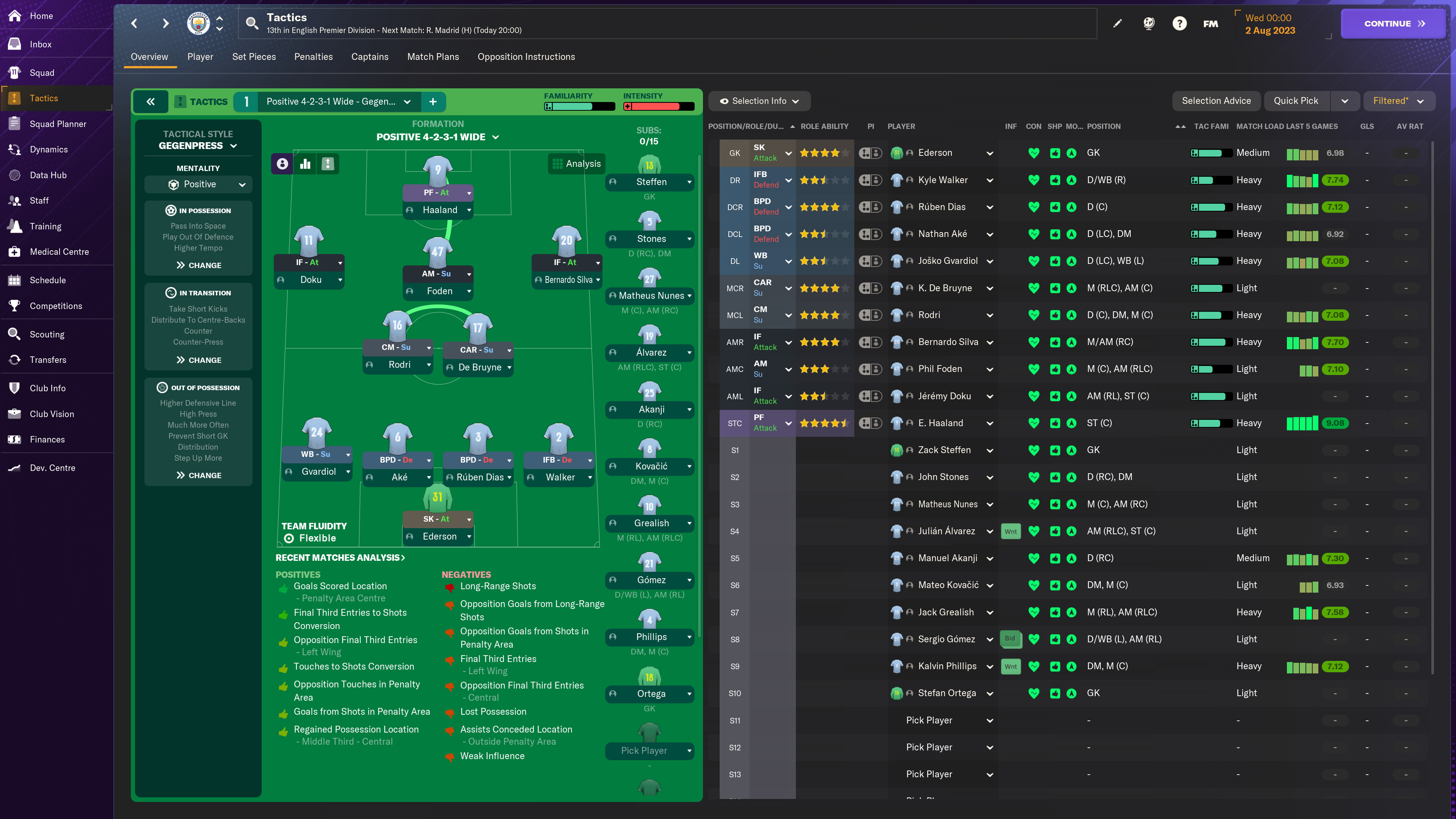
So instead SI began what it calls the ‘foot talk’.
“That’s where I get to do your job,” Jacobson says, grinning in our direction.
And in his seat?
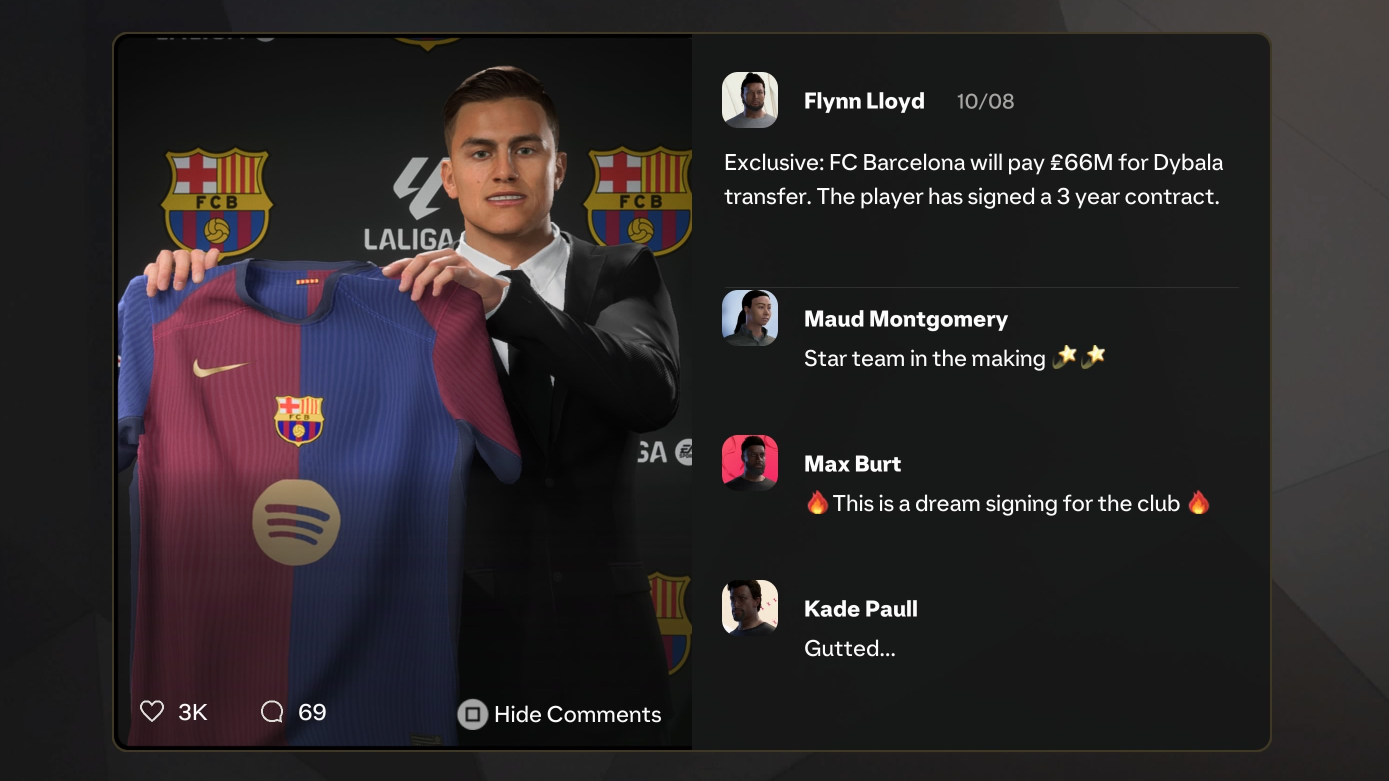
“Anyone who works inside football, basically.”
This talk lasts of course 90 minutes.
But it’s a game, Jacobson explains, of three halves.
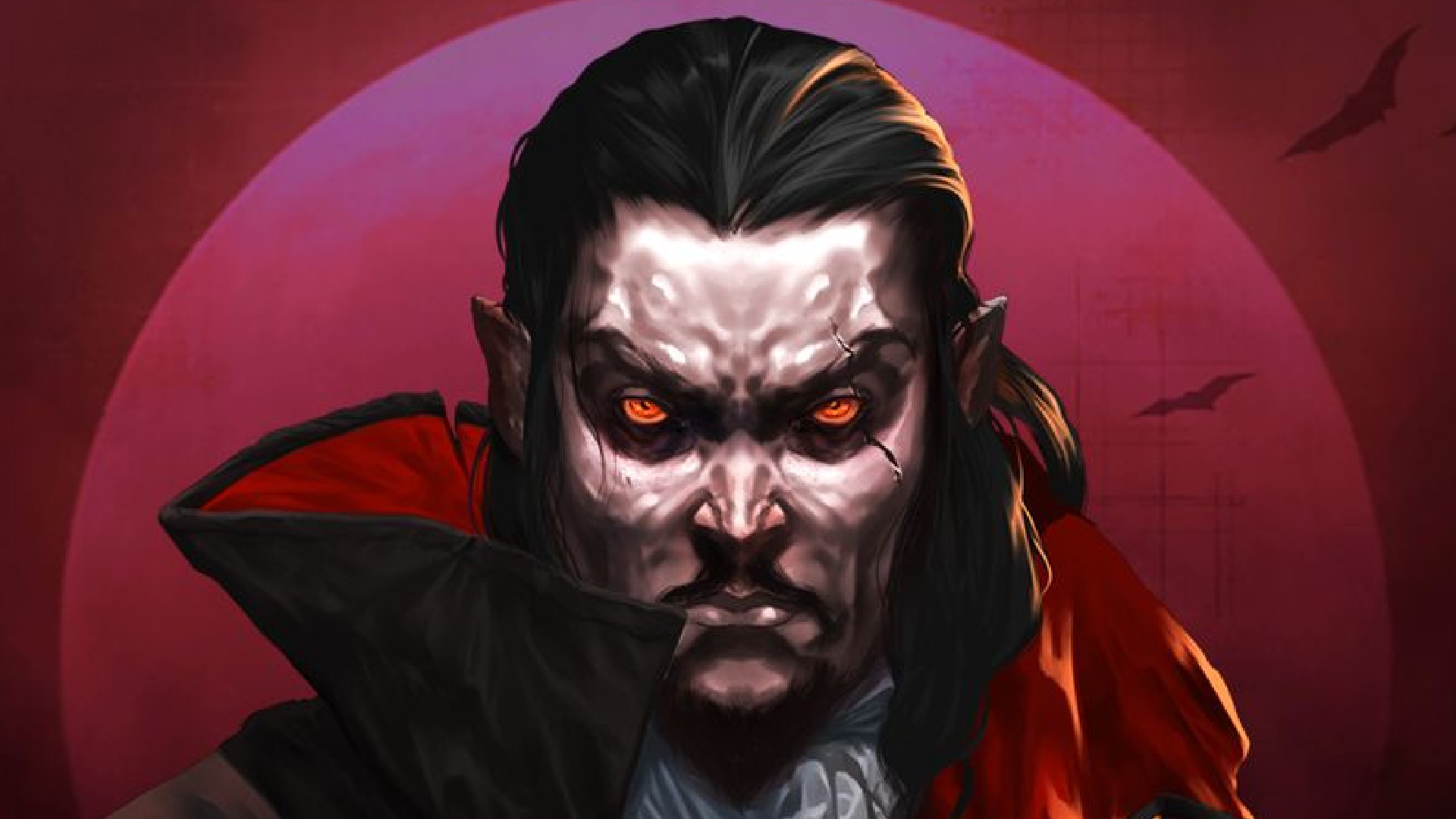
“The first half-hour is me asking about their career.
This change in process happened five years ago, and it’s indicative of a wider philosophical shift.
Before that, the studio structure was very flat, and that meant most staff reported to Jacobson directly.
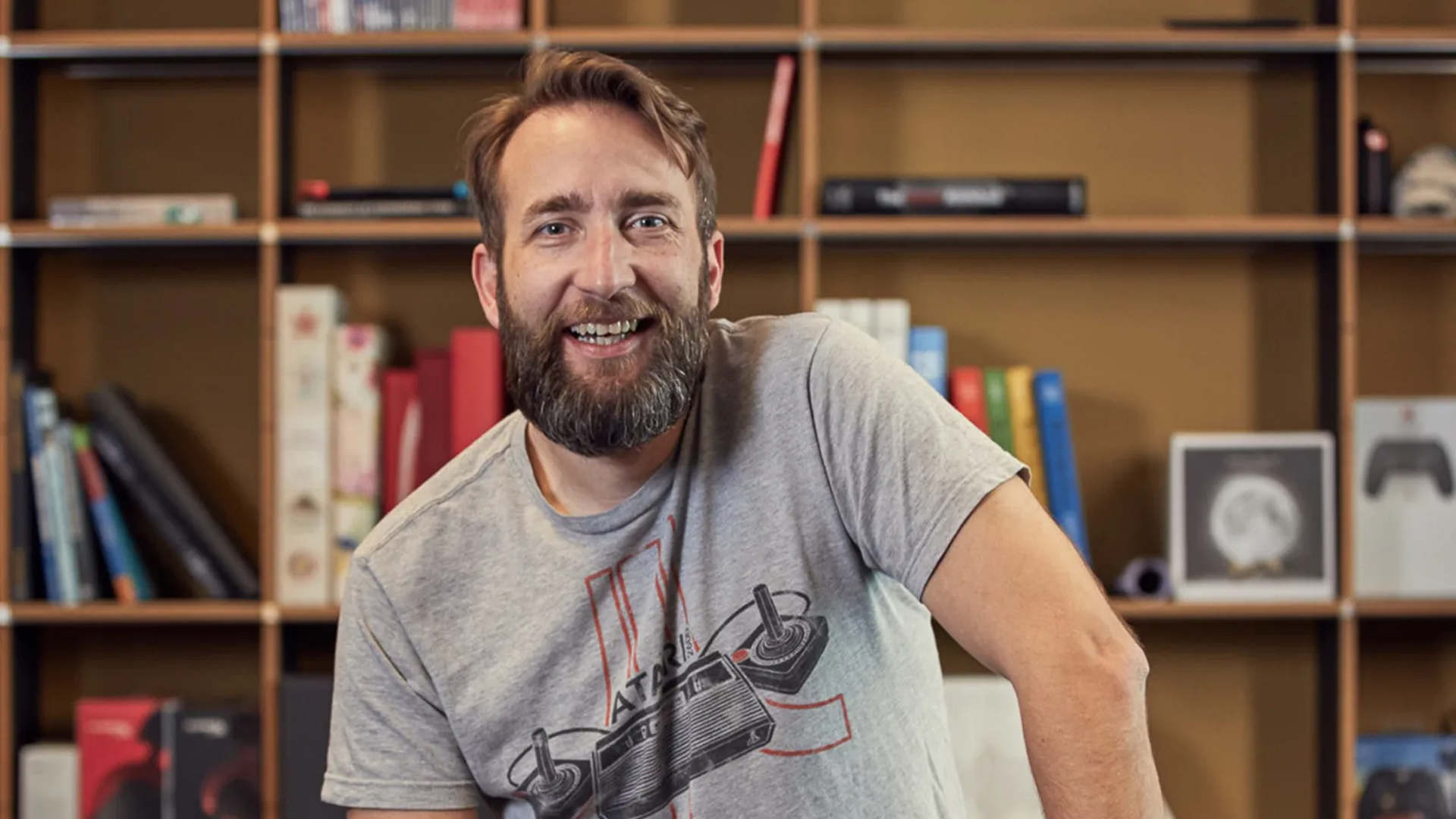
“Which was crazy,” he says now.
There have been evolutions to the way Sports Interactive makes games, too.
I worked at a pro football club how closely does Football Manager reflect the real thing?
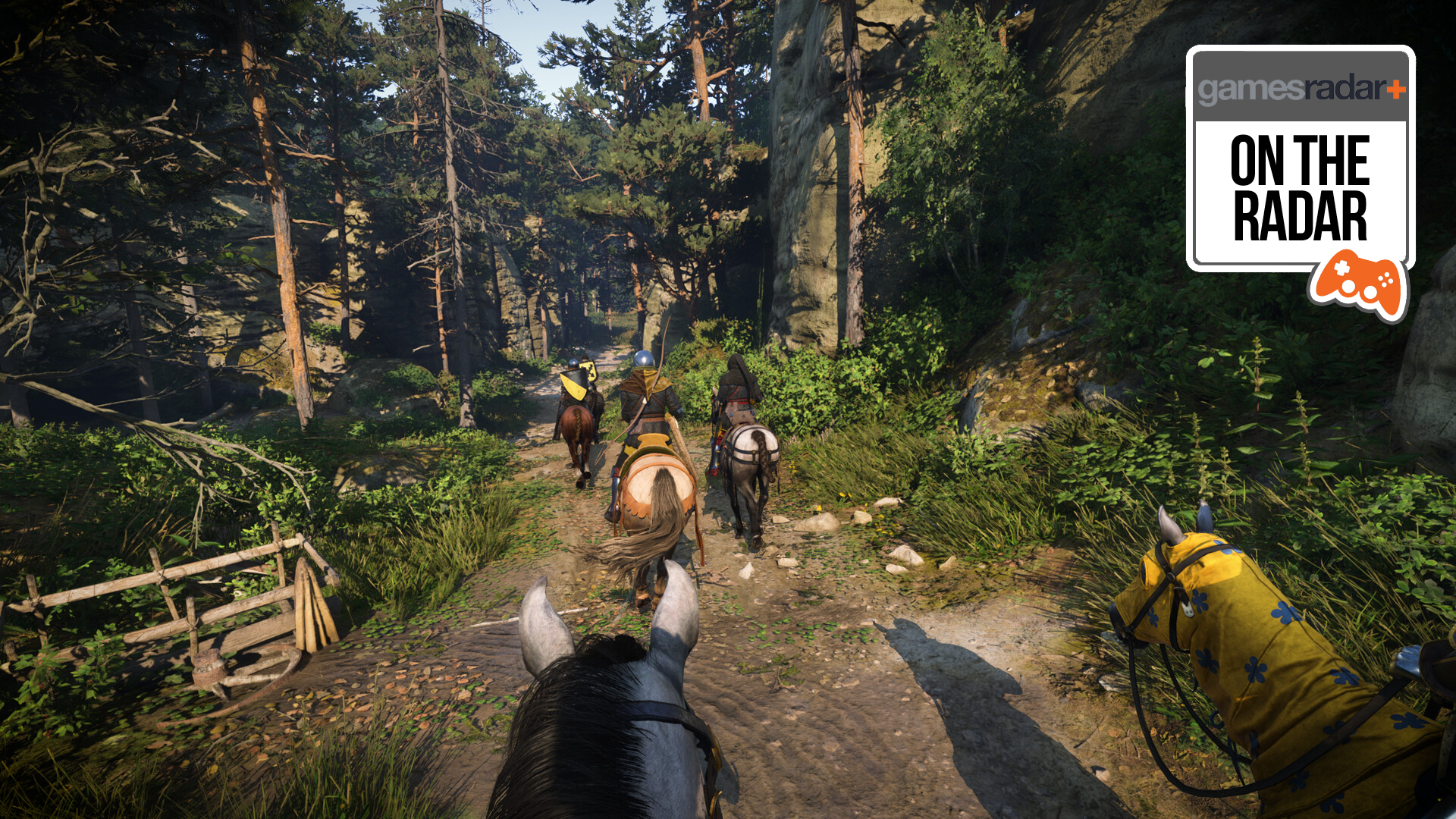
Marc Duffy is development director.
And they’re the people that take our design through from conception through to delivery.”
That means all the usual benefits of agile development are here: ownership and accountability from conception to delivery.

For Duffy and his colleagues, it’s been “a game changer”.
Whereas now, we get everyone together as one.
It’s a team.
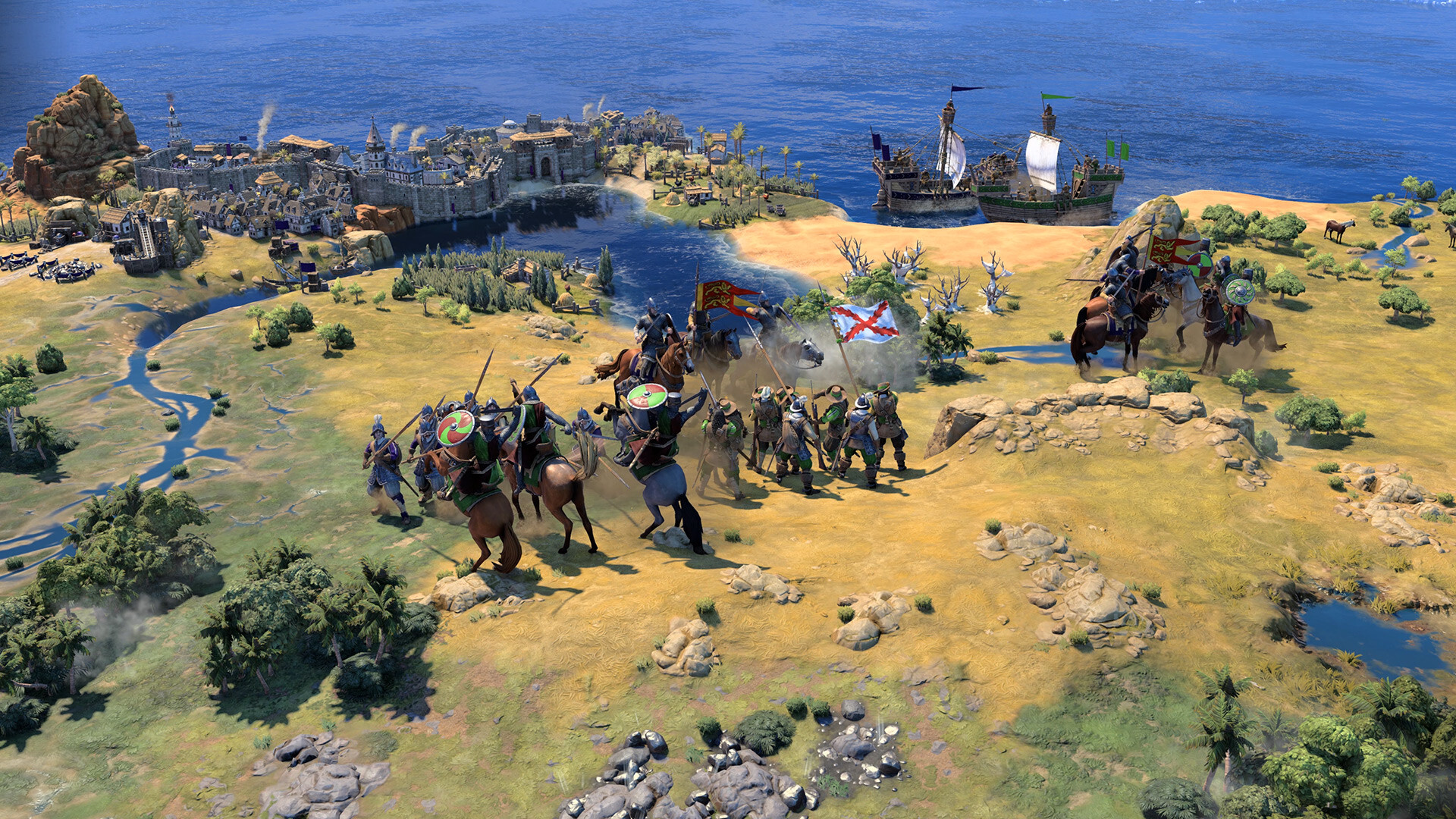
Siddall has also felt the benefits of this ‘feature pod’ approach to working on the game.
“Before, [development] wasn’t really synced up.
When you’re dealing with so many moving parts, that can become a huge problem, Siddall explains.
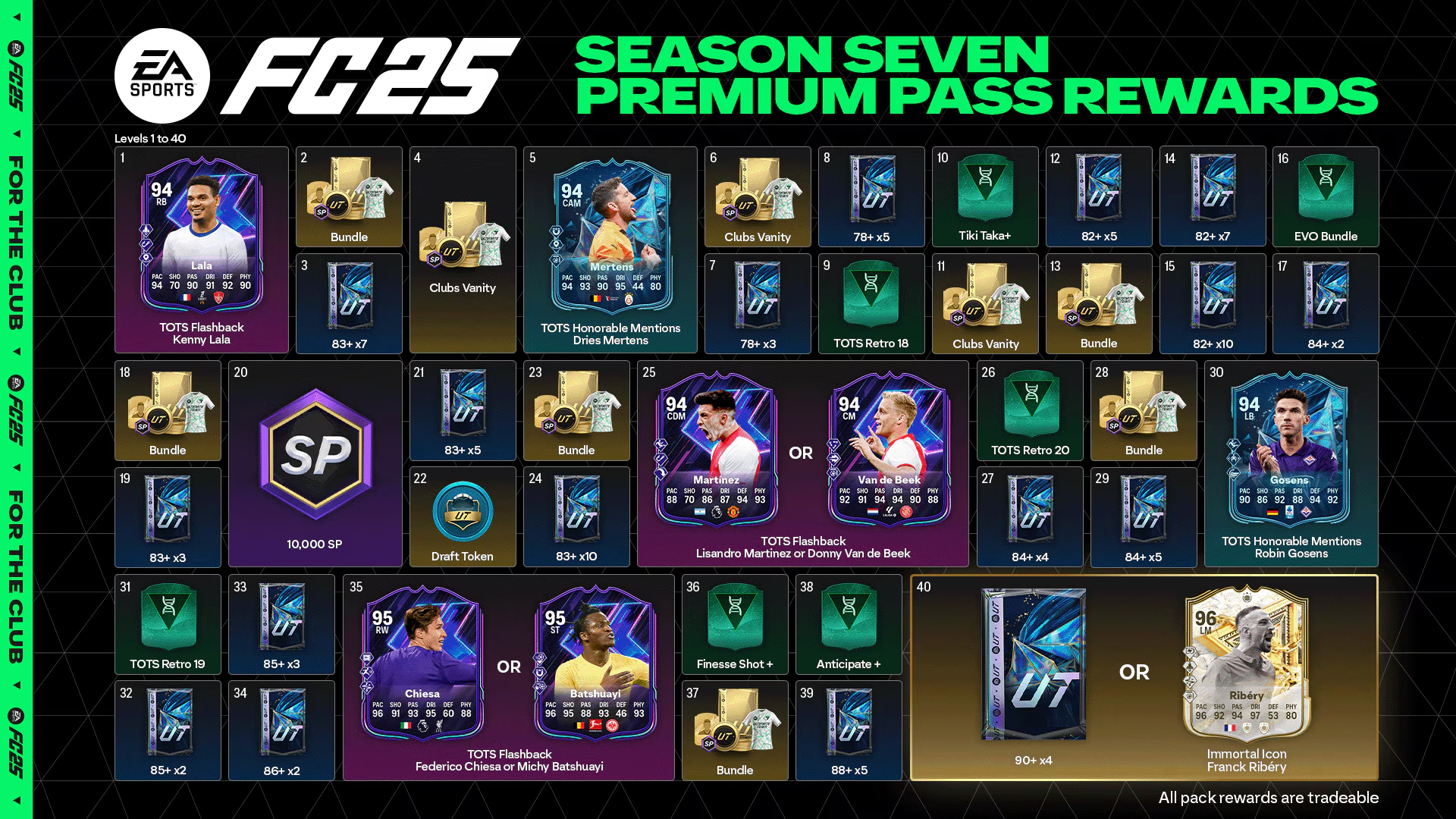
There’s another good reason for this shift in process.
“We never had a design department in the studio until very recently,” Duffy explains.
It’s actually been making a big difference.
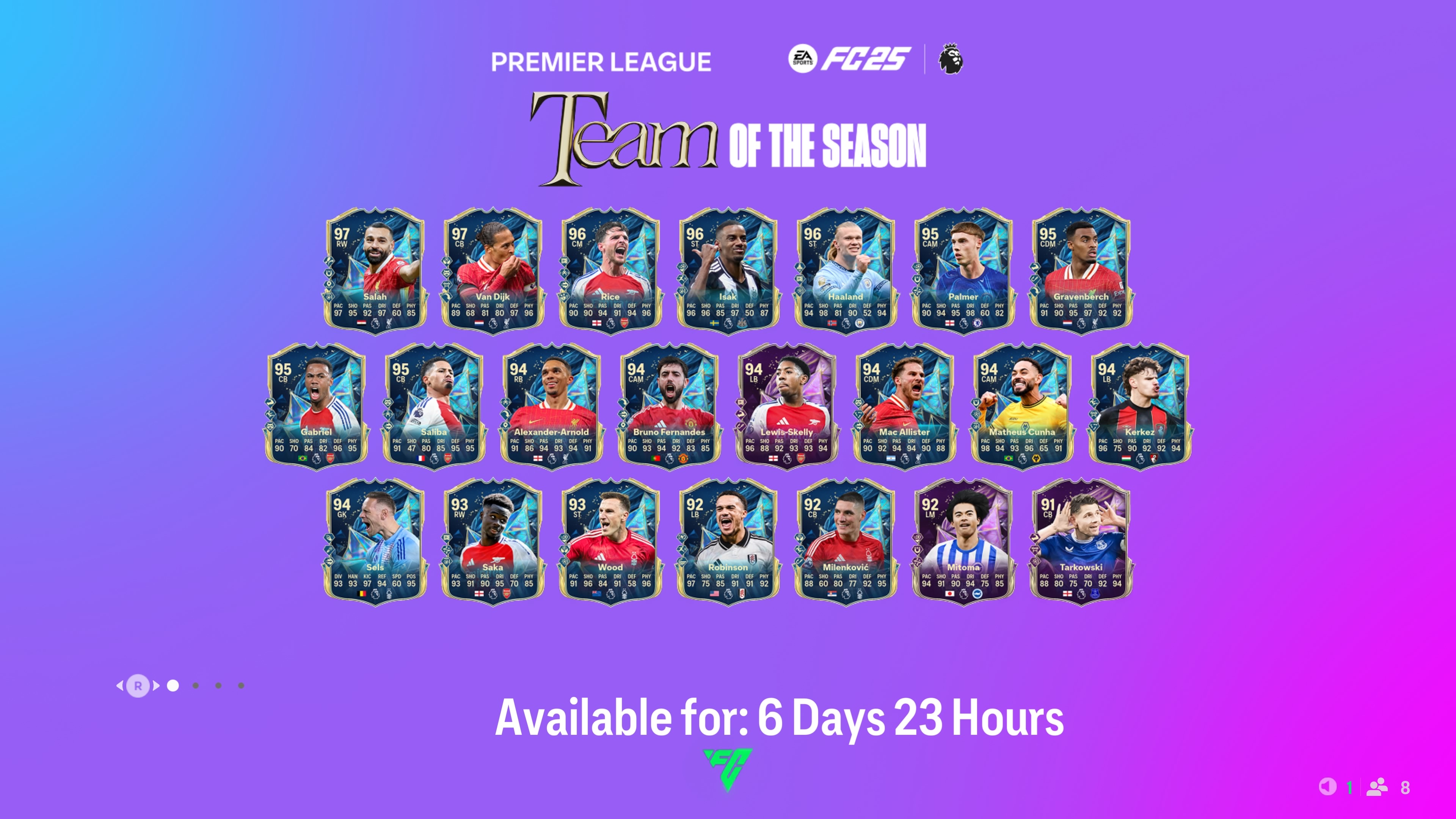
Before, I think we relied a lot on Miles to do a lot of the design work himself.
And the Football Manager series has now enjoyed the best part of two decades without serious rivals.
Internally, however, there’s been an obvious imperative to keep adapting and evolving.
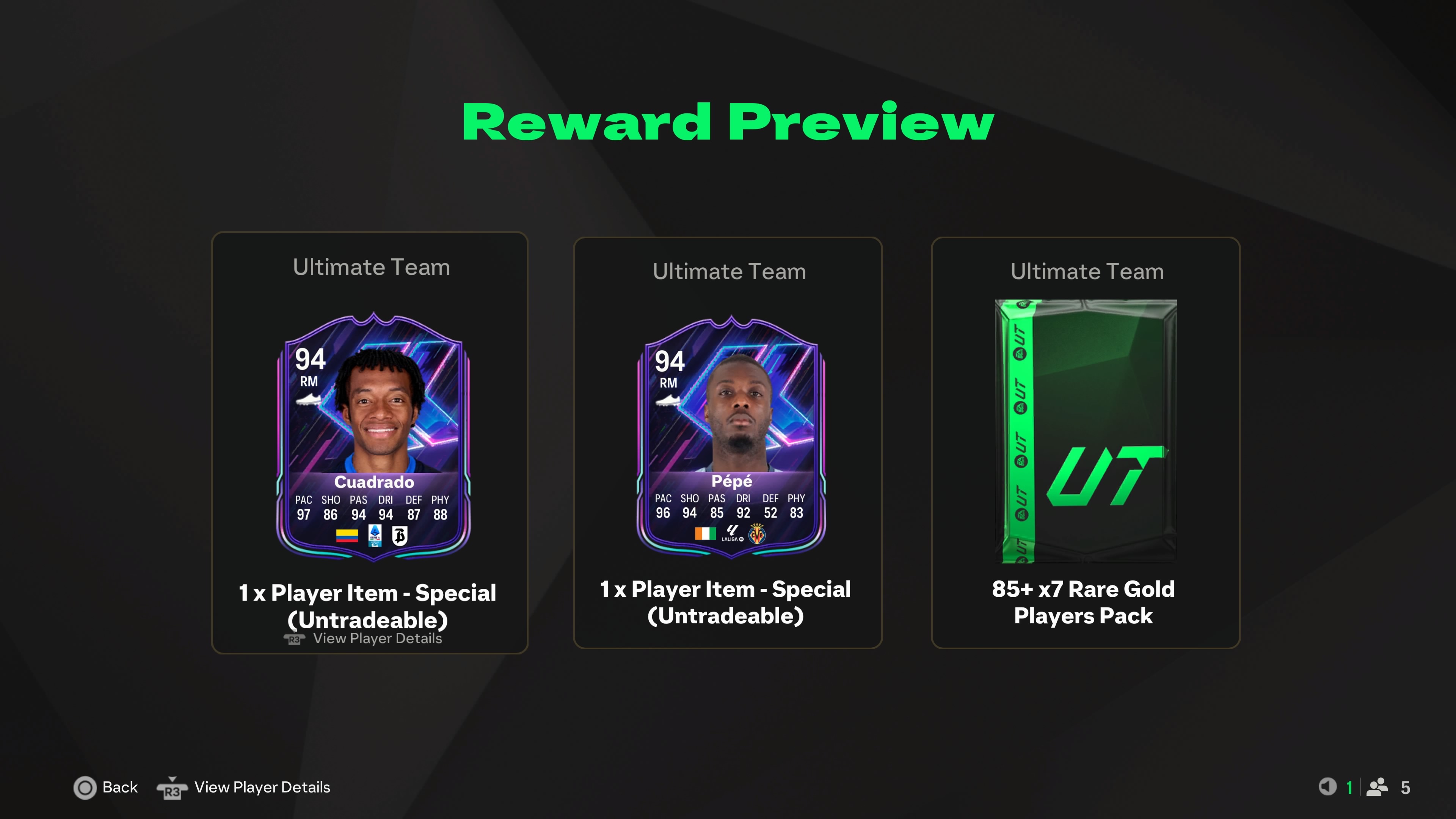
COVID played its part, as it did for all game studios.
That bigger team needed a different way of working.
Hence the COO, the feature pods, the hybrid-agile development.
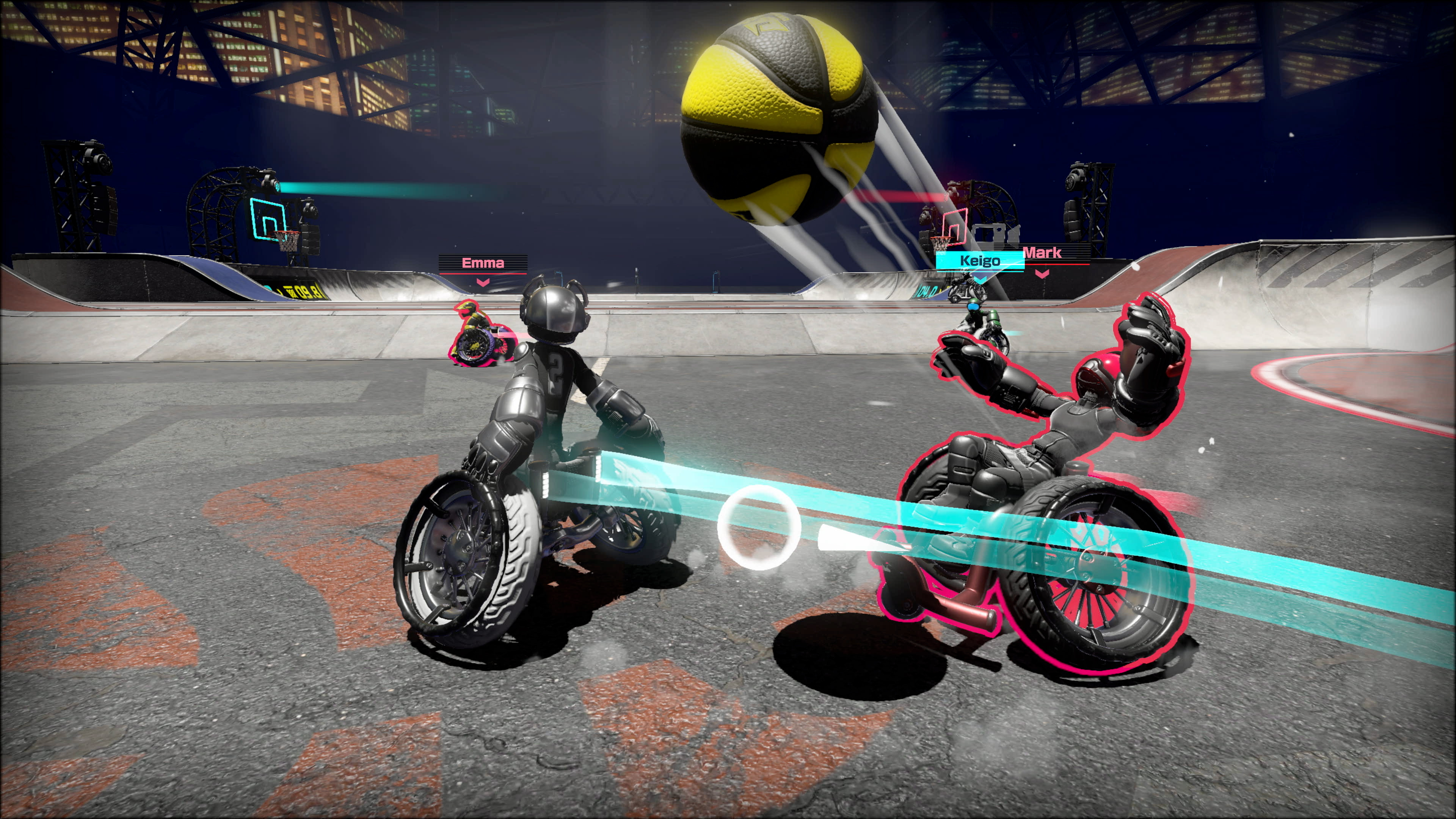
And it’s been effective.
“And that was done via scope management.
We had too many features we wanted to work on.
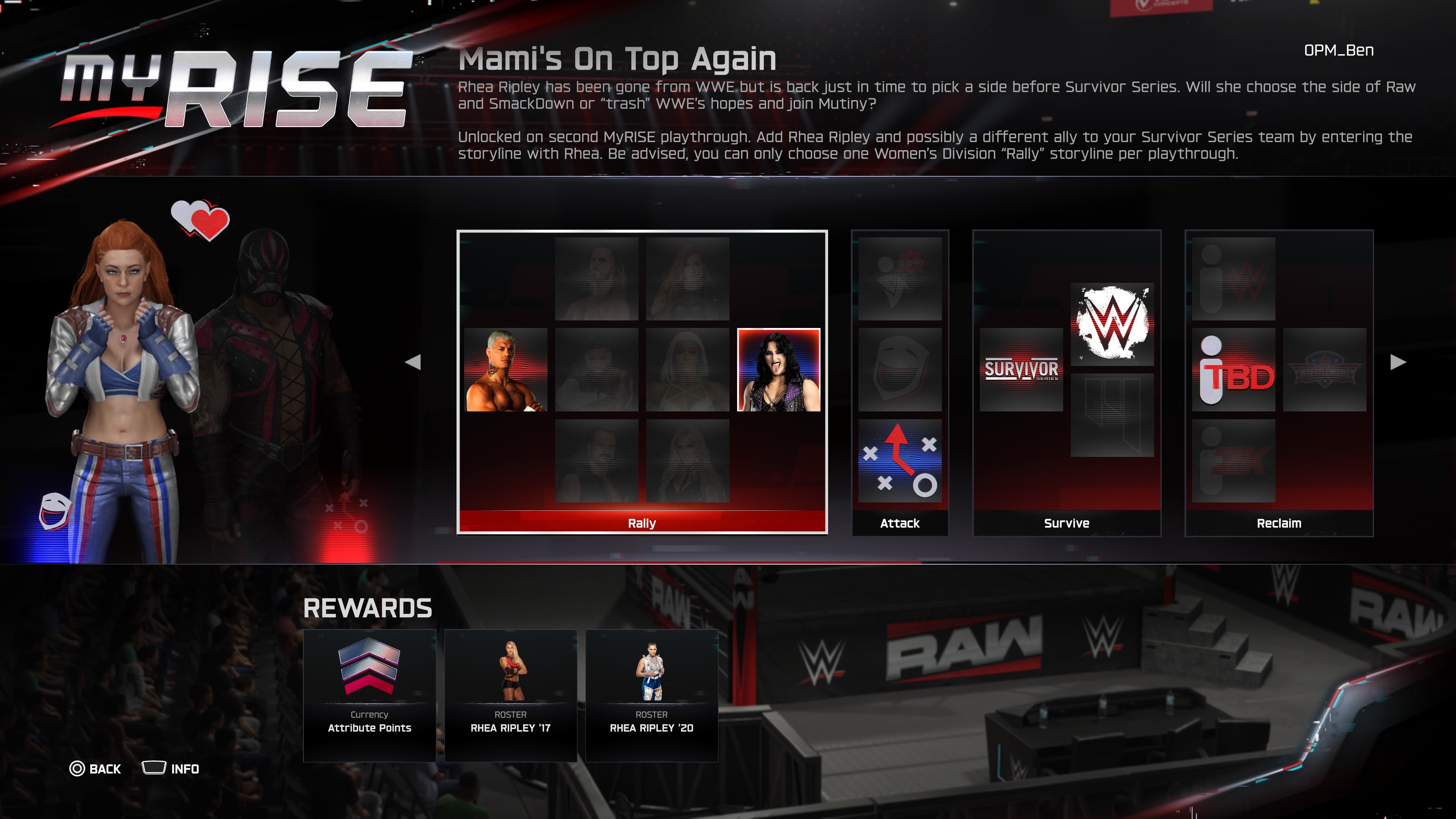
For Jacobson and his team, it really is a matter of adapt or die.
This feature originally appeared inEdge magazine.
